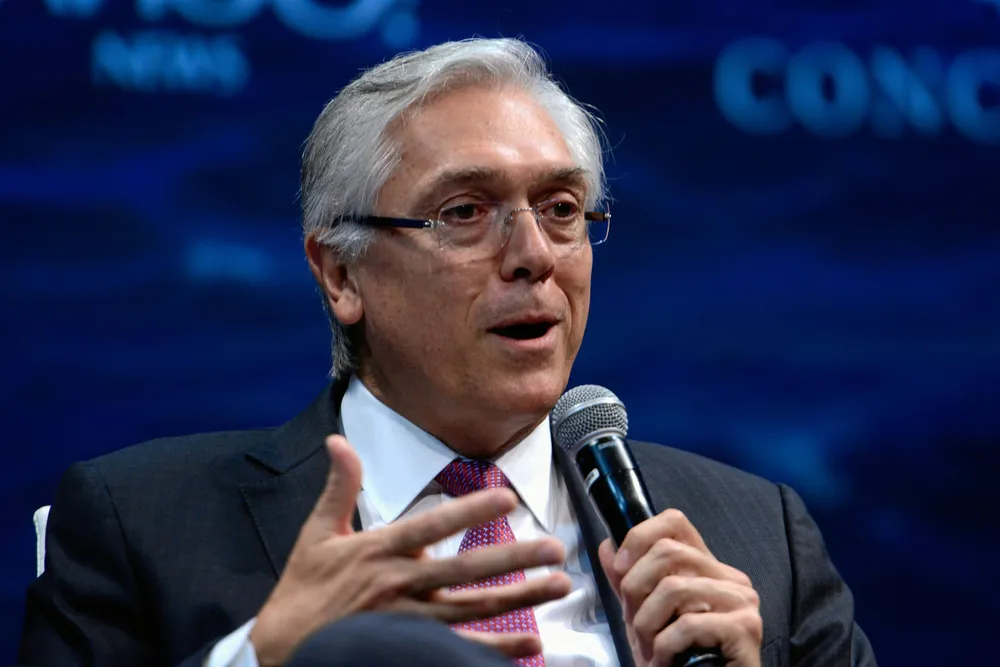Renewable power giant surges on takeover talk
AES – world's largest seller of clean power to corporations – said to be 'exploring options' after interest from Brookfield and GIP

Shares in AES – the world’s largest seller of clean energy to corporations – surged in after-hours trading after it was tipped as a potential takeover target.
Brookfield Asset Management and Global Infrastructure Partners are said to be among those looking at AES, which would have an enterprise value of around $40bn. The company's share price has come under pressure this year as a result of President Donald Trump's policies, making it more attractive to potential buyers, it was reported.
AES has a wind, solar and hydropower base of 28GW either operating or under contract in its backlog.
The Virginia-based group – which also owns several US utilities and conventional generation assets – clinched 6.5GW of contracts last year with corporate power buyers and data centres and was ranked the world’s largest seller of clean energy to corporations by analyst BloombergNEF.
AES, led by CEO Andrés Gluski, has proved adept at tapping into the soaring demand created by power-hungry AI facilities planned in the US. The group has more than 10GW of supply agreements with the likes of Amazon, Google, Meta and Microsoft.
Root added: “Renewables continue to prove to be the fastest and most cost effective to deploy as we work to get energy online to meet the growing demand.
“That said, interconnection queue restructuring, permitting challenges, and local opposition continue to threaten the pace of deployment of renewables in particular, on top of the barriers all resource types are experiencing, including uncertainty around tariffs and general supply chain delays.”
(Copyright)